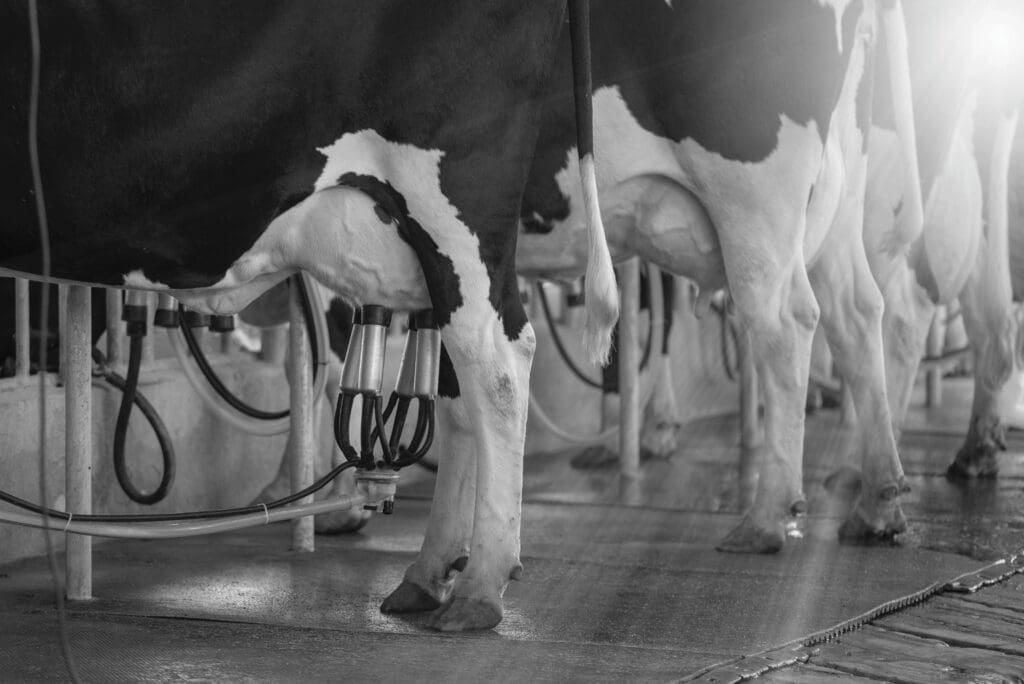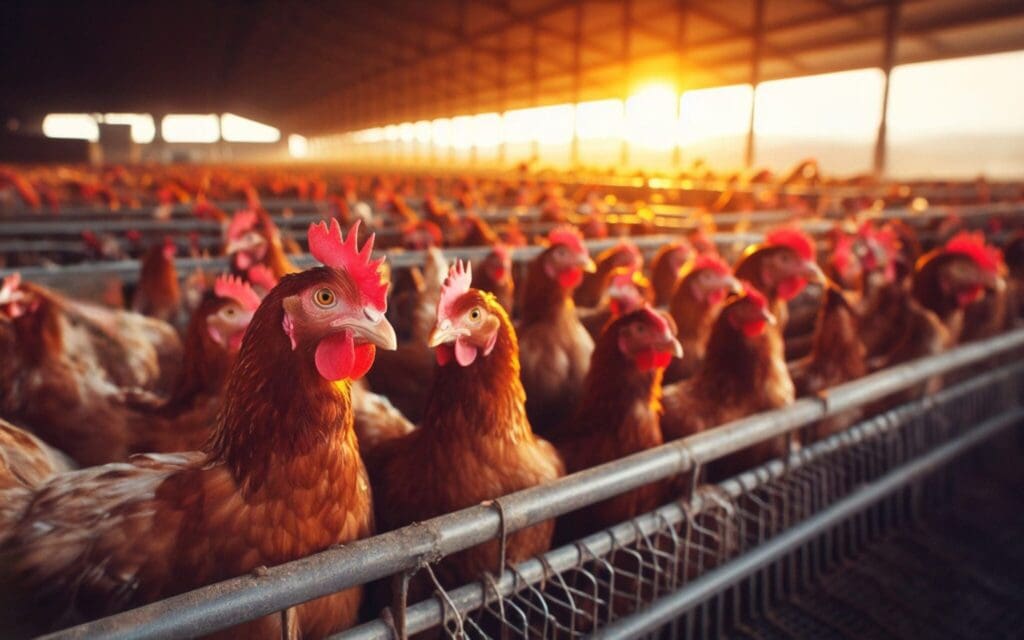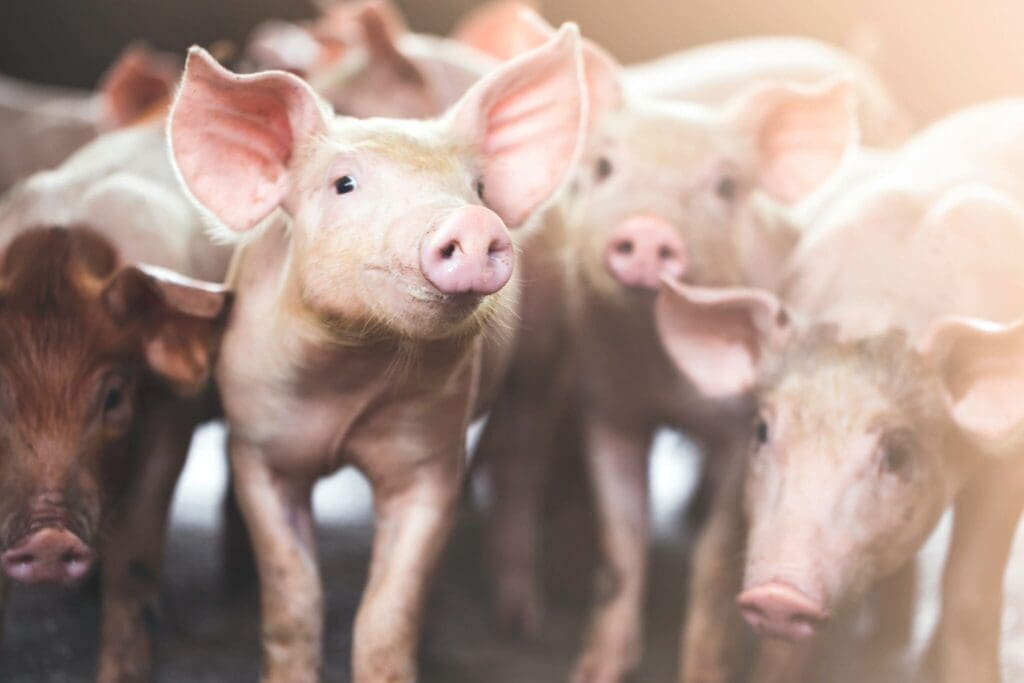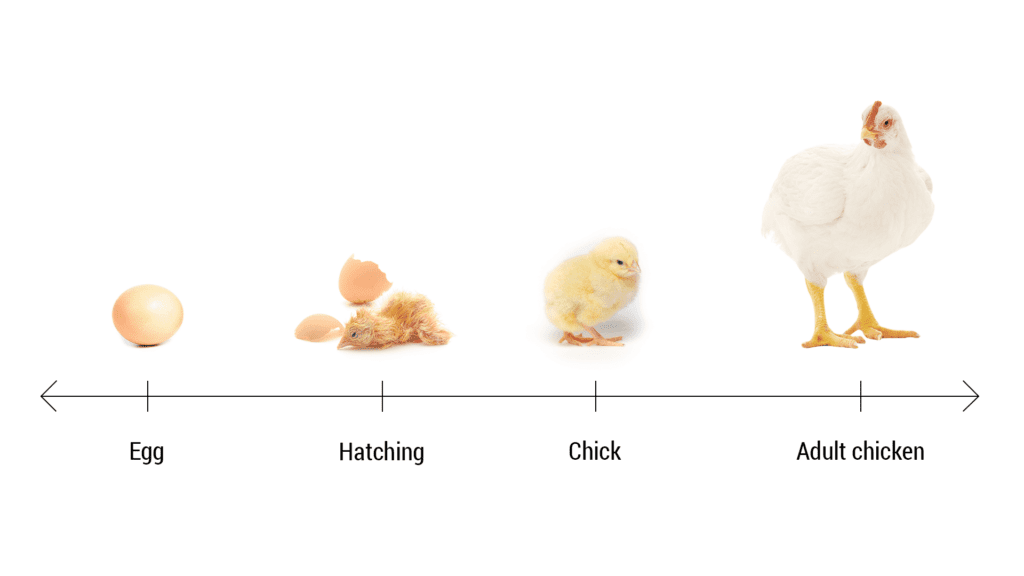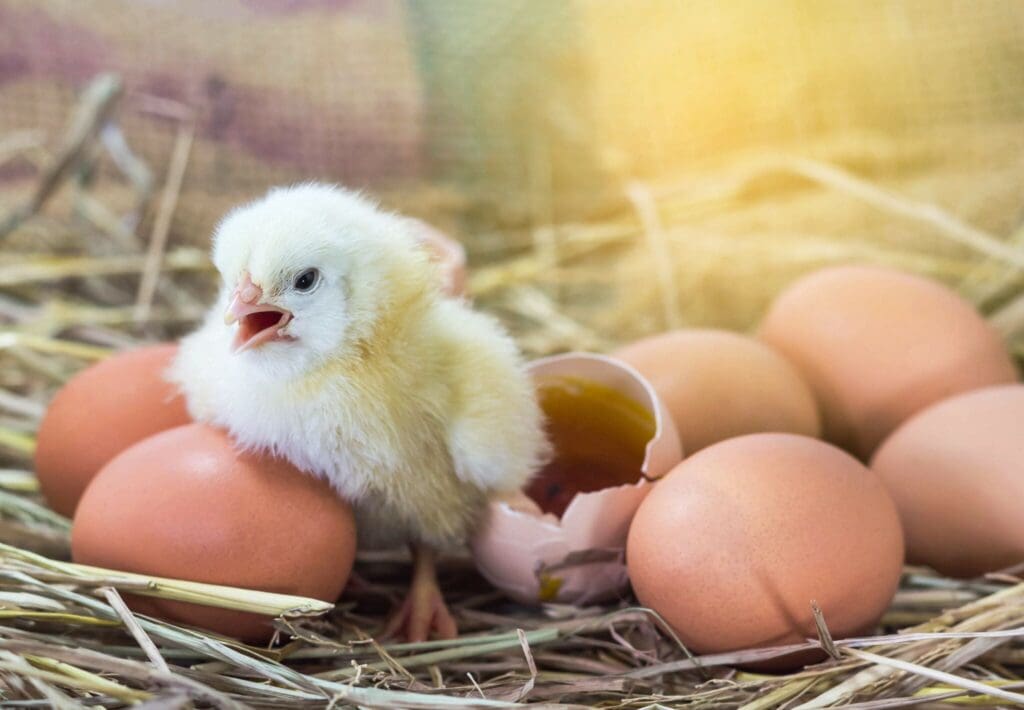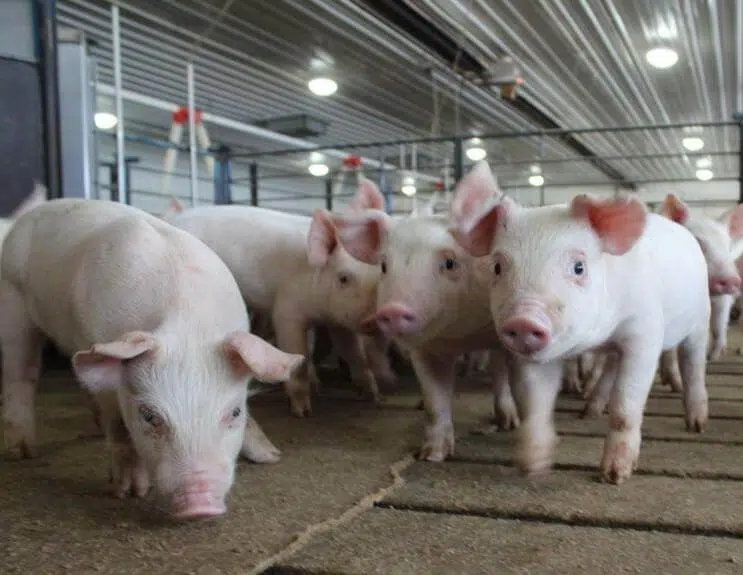In the March/April issue of Porcus we talked about the importance of gut health for pig performance. This follow-up article will detail some top tips on managing gut health for optimum pig performance.
Producers and veterinarians alike are being challenged to reduce antibiotic use in pig production, although we know there will be health challenges at times in which the welfare of the animal will be dependent upon antibiotic
treatment.
One important component in setting a piglet up to thrive in the nursery is managing gut health. This starts as early as day one in the farrowing house as the piglet sucks for the first time. This is when the microflora of the gut is being established. The good bacteria in the gut play an important role in the development and function of the immune system. It is worth considering if your management strategies are facilitating or disrupting that process.
Step 1: Creating a healthy gut
Part of gut integrity or gut health refers to the ability of the gut to remain impermeable to bacteria. Tight junctions present in the small intestine play a role in maintaining gut integrity. When compromised, bacteria can pass from the lumen of the intestine and into the bloodstream, which opens the pig up to infection.
Dr Adam Moeser at Michigan State University compared the gut health of piglets weaned on day 28 vs day 18. His data would suggest that the 28-day weaned piglets maintained better tight junction function and gut integrity. These piglets had a less severe response to an Escherichia coli challenge and a more robust immune response post-weaning. An 18-day-old piglet will have more mast cells present in intestinal tissue. When activated, these cells can cause changes in gut integrity, which opens the door to infection.
Step 2: Overcoming the immunological gap
It is no secret that the key to nursery performance and health is getting piglets started on feed at placement. Cattle veterinarians will talk about the importance of keeping cattle on feed, not only from a performance standpoint but also from a health standpoint.
Any stress, whether it be environmental or nutritional, will cause an animal to be susceptible to infection. Some bacteria have a mechanism of sensing the onset of stress and have the ability to release toxins or shed a capsule exerting pathogenicity in response to that stress.
Until weaning, the piglet’s immune status is driven by the sow through colostrum and milk (passive immunity). It is only after weaning that the pig starts building up its own active immunity. Inevitably, there will be a period after weaning where the immune status of the piglet is low as passive immunity is fading out and active immunity has not been fully developed yet – this is the so-called immunological gap.

The challenge is to overcome this gap without using high levels of zinc and medication. By reducing this gap, the challenge becomes smaller and successful weaning in the future is achievable with minimal compromise to performance.
The message at the recent Zero Zinc Summit in Copenhagen, Denmark, in June 2019 was clear. There will not be a single solution to add to the feed that will replace pharmacological levels of zinc oxide, which means there is a need to focus on management, diet formulation, and different additives. It is also clear that this focus should already start during lactation to ensure that heavier and more robust piglets can be weaned.
Step 3: Feeding the lactating sow
Improved feeding of the lactating sow is an economically efficient way to improve the quality of piglets.
First of all, the amount and quality of colostrum should be in focus. It is important that all piglets within a litter receive the required amount of colostrum. This is particularly true for herds with large litters.
Research has shown that feeding organic trace minerals increases the level of IgG in colostrum, which will give the piglets a good start and increase their immune competence.
Other studies have shown that organic zinc improves gut integrity. This is important for the weaned pig and, as such, an important part of the solution to replace high dosages of zinc oxide post-weaning. Given that tight junctions, which are holding the epithelial cells knitted together and ensuring optimal gut barrier function, are dependent on zinc, it makes perfect sense that using this highly absorbable zinc source makes a difference.
Step 4: Do your vaccination calculations
Considering the economics, increasing expenditure on vaccination will help reduce the need for antibiotics. Vaccinating pigs is the right way to boost their immune response and make them more resilient against diseases. While vaccinations have been used for a long time, they will become even more important in the future.
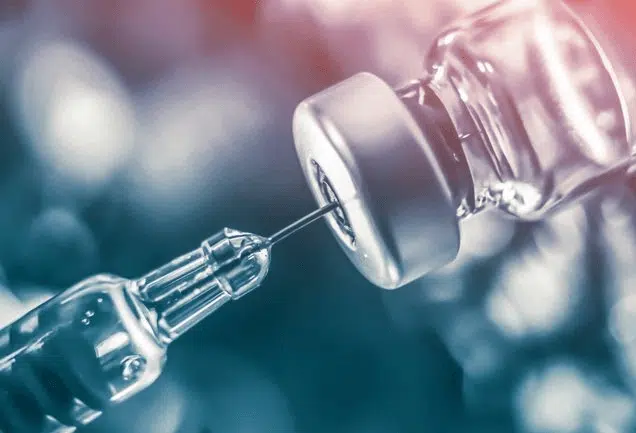
antibiotics (photo credit: Freethink).
In the context of improving the immune response of weaned pigs, two very interesting studies were conducted, both of which involved pigs that were infected with Lawsonia intracellularis. The first study showed that pigs responded faster to the challenge when they were fed highly absorbable
organic zinc, as indicated by an increased percentage of pigs having antibodies. A quick immune response is critical to minimise the negative impact of an infection.
This first study also showed significantly fewer intestinal lesions – both in number and severity – when pigs were supplemented with an organic zinc source. The second study combined vaccination and adding organic zinc to the diet. This combination resulted in improved growth performance compared to vaccination in combination with supplementing inorganic zinc.
Conclusion
Looking to the future, where an increasing amount of money will be spent on vaccination, supplementing with highly absorbable organic zinc in pig diets becomes very interesting as it makes vaccinations more effective and improves gut integrity.
Mashilo Phosa is the Swine team lead at Chemuniqué
